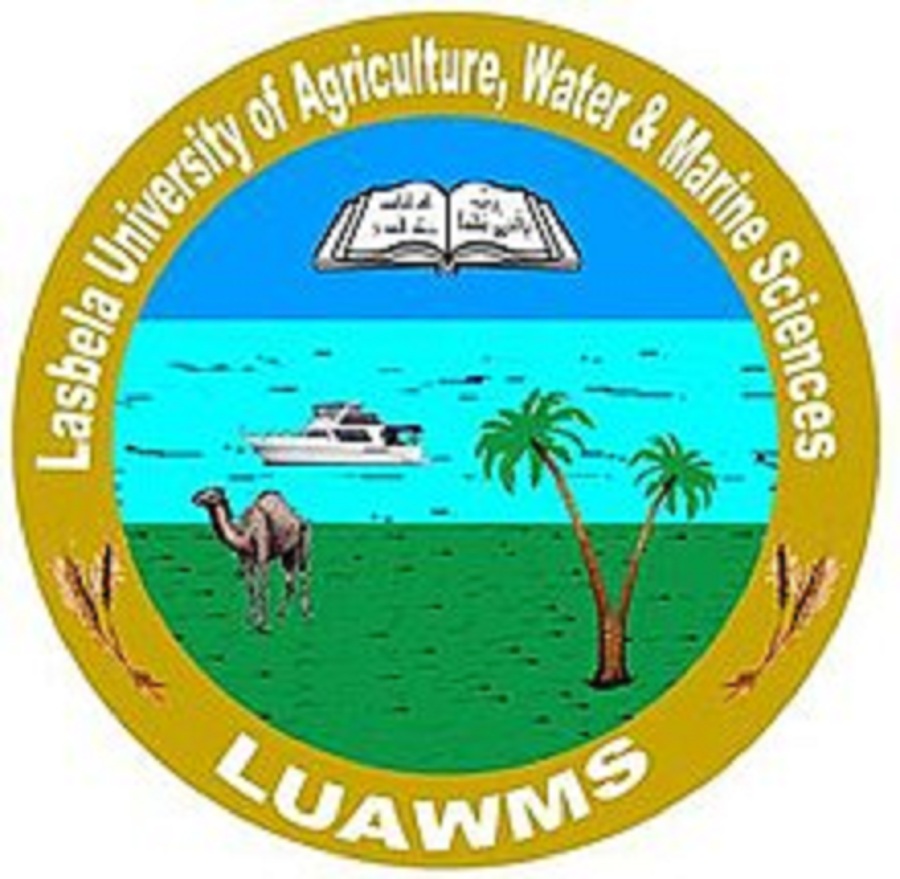Marine organisms are known to hold exciting therapeutic potential, and one such discovery is the Pyrogallol-Phloroglucinol-6,6-Bieckol (PPB) from Ecklonia cava. In a recent study published in Marine Drugs, PPB was found to have a protective effect on monocyte-associated vascular dysfunction.

The study conducted in vitro and in vivo experiments to determine the efficacy of PPB in preventing inflammation-induced vascular dysfunction. The results showed a significant improvement in vasodilation capacity and a decrease in immune cell adherence in mice treated with PPB.
PPB belongs to the Pyrogallol drug class, which has a long history of medicinal use in various health conditions. Pyrogallol is an organic compound known for its antioxidant properties, which can scavenge free radicals and protect against oxidative damage. Its derivatives, such as PPB, are known to possess various pharmacological activities, including anti-inflammatory and anti-cancer properties.
Apart from its antioxidant properties, PPB has shown potential in treating diabetes and hypertension in previous studies. The present study adds to the growing body of evidence supporting the therapeutic potential of PPB in vascular-related disorders.
Ecklonia cava is a species of brown seaweed found in the coastal areas of Japan and Korea. It has been traditionally used as food and medicine in East Asian cultures for centuries. Its various biological activities, including anti-inflammatory, antidiabetic, and neuroprotective effects, have made it highly sought after in recent years.
The use of marine organisms, such as Ecklonia cava, is gaining momentum in the pharmaceutical industry due to its unique chemical composition and potential therapeutic benefits. The marine environment provides a suitable habitat for the production of bioactive compounds with novel structures and functions.
In conclusion, the recent discovery of PPB from Ecklonia cava in the Pyrogallol drug class has shown promise in preventing inflammation-induced vascular dysfunction. Further studies are required to determine its potential use in clinical settings. However, this finding highlights the importance of exploring the vast potential of marine organisms in drug discovery and development.
Keywords: Pyrogallol Drug Class, PPB, Ecklonia cava, Vascular Dysfunction, Inflammation-induced, Medicinal Use, Therapeutic Potential.